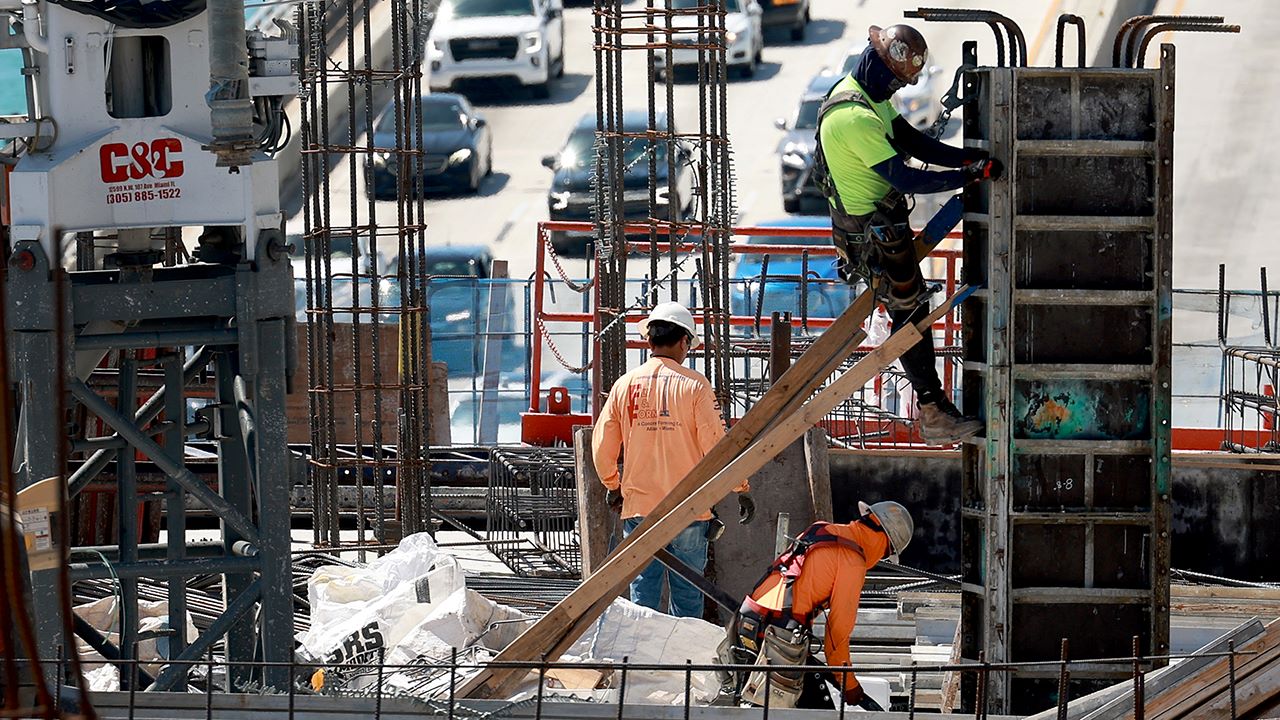Workers who remain in their jobs are receiving the largest pay raises in decades as companies vie to retain a limited pool of employees.
Wages for employees who stayed in the same job increased by 5.5% in November from the previous year, according to new data from the Federal Reserve Bank of Atlanta.
This marks a rise from 3.7% in January 2022 and represents the highest increase since the bank began tracking wage data 25 years ago. Conversely, workers who switched jobs experienced even bigger gains of 7.7% in November, according to the Atlanta Fed.
The extremely tight labor market has enabled workers to leave their jobs for better wages, working conditions, and hours – a trend known as the “Great Resignation.”
The Labor Department reported last month that employers had 10.3 million positions open at the end of October, meaning there are approximately 1.7 posted jobs for every unemployed worker.
The number of available jobs has exceeded 10 million for 12 consecutive months; before the pandemic began in February 2020, the highest on record was 7.7 million.
Some economists are concerned that higher wages are contributing to persistent inflation, which rose 7.1% in November from the previous year, according to the Labor Department.

“The labor market remains tight and overheated,” said Joe Brusuelas, RSM chief economist. “Competition for labor within a shrinking workforce supports higher wage gains, which is feeding into high inflation across the economy and inside the service sector.”
Despite the wage increases – and the potential for a record-high hike in 2023 – headline inflation is still eroding the majority of Americans’ paychecks.
The Labor Department reported that average hourly earnings for all employees actually declined by 1.9% in November from the same month a year ago when accounting for the impact of rising consumer prices.
On a monthly basis, average hourly earnings increased by 0.5% last month when accounting for the 0.1% monthly inflation spike.
By this measure, the typical U.S. worker is actually worse off today than a year ago, even though nominal wages are rising at the fastest pace in years.
Soaring inflation has created severe financial pressures for most U.S. households, which are forced to pay more for everyday necessities like food and rent.
The burden is disproportionately borne by low-income Americans, whose already-stretched paychecks are heavily impacted by price increases.







Leave a Reply